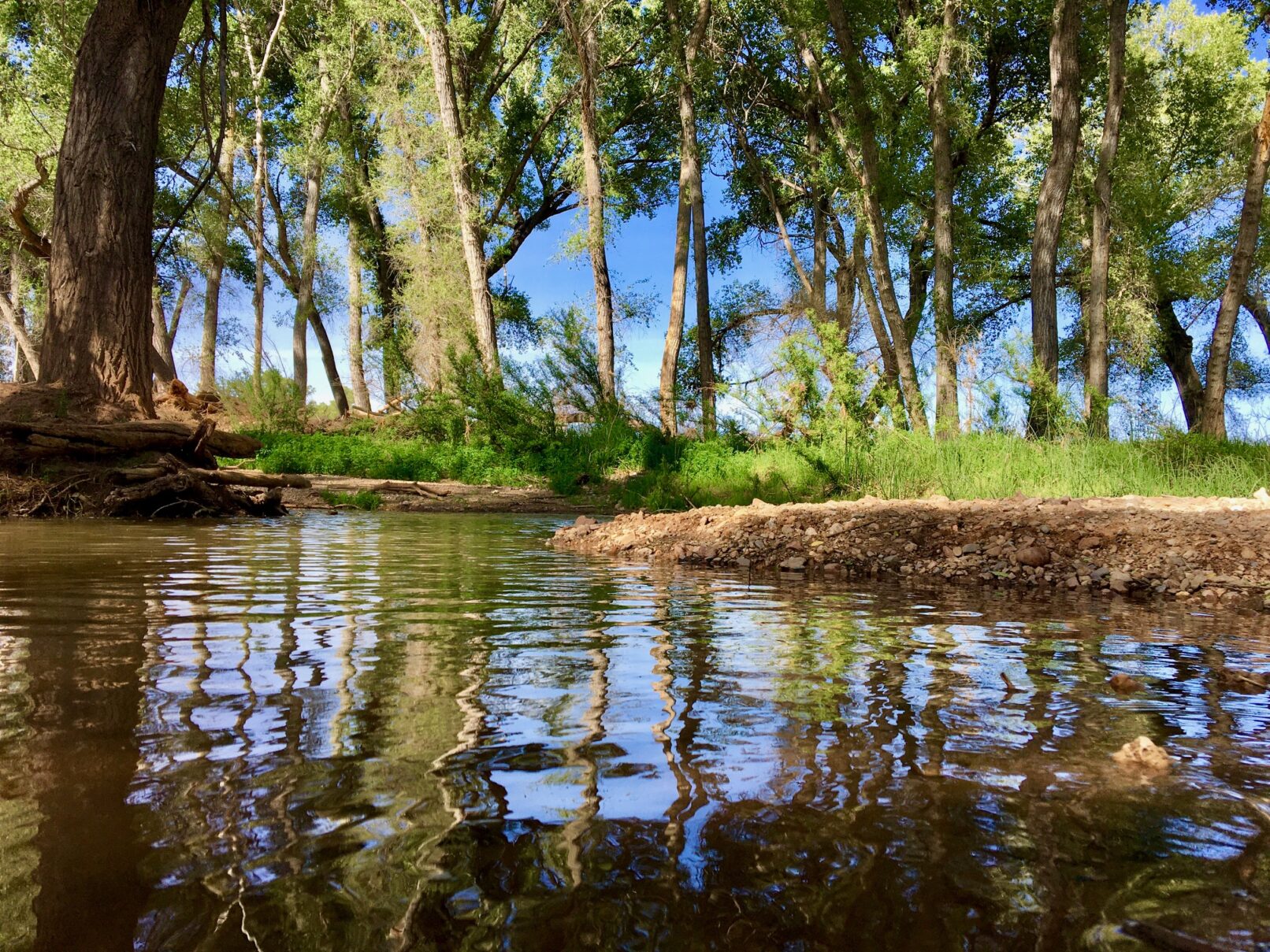Entre Rios: Surveillance and Futurity in the Sky Islands
My current research, Entre Rios: Surveillance and Futurity in the US Mexico Borderlands, positions the Sonoran Desert as a vital place from which to study contesting theories of futurity. Focusing on the divergent histories of the San Pedro and Santa Cruz watersheds, this audio-visual ethnography will examine futurity in relation to notions of security and collective wellbeing. Within this landscape of deadly migration policies, extractive surveillance infrastructure, and some of the most diverse ecological networks in the Americas, the research aims to learn from diverse stakeholders who are imagining more equitable and livable futures.
In the wake of climate change, anthropologists increasingly position the future as an urgent object of study. Circumventing the apocalyptic Game Over climate scenario, new attention is focused on developing a nuanced consideration of the borders where people and other living beings are shaping possible futures. Formed through inter-dependent relations of attention and care (Haraway 2016), these borderlands are found in trans-species engagements unfolding in the ruins of capitalism (Tsing 2015).
Surveillance technologies are imbued with diverse significations and objectives in the US-Mexico borderlands. State surveillance is a long-standing aspect of settler colonialism and an everyday reality of life, in particular since the introduction of Prevention through Deterrence in 1994. This statecraft includes a “virtual wall” of integrated fixed towers (IFTs), resource-intensive infrastructure, and the production of massive surveillance data. In the construction and maintenance of border surveillance infrastructure, water extraction is essential. Environmental scientists, citizen scientists, and community activists are also employing diverse statecraft technologies to study and protect riparian waterways and travel corridors along the “Sky Islands.”
Due to the centrality of water in this arid region, water defense activism, watershed maintenance and restoration, and sensor-tracking documentation of borderlands wildlife in riparian areas are conceptualized as “hydro-social practices of care.” These practices are placed in relation to surveillance technologies as a means to examine alternative notions of futurity. In response to calls for scholarship that develops new visual and epistemological frameworks for reimagining the borderlands, the research combines critical Indigenous studies with ethnographic poetry and moving and still image. In this way, the audiovisual research aims to reveal generative hydro-social poetics of care during uncertain times.
Funded by the Swiss National Science Foundation (SNSF), this project is part of the transnational project, Big Data Lives Anthropological Perspectives on Tech Imaginaries and Human Transformations, directed by Michaela Schäuble at the Institute of Social Anthropology, University of Bern. Project researchers include Sophie Wagner (Self Tracking and Sense-Making) and Lucien Shoenenberg (The Moral Claim: Modeling Trust by Social Credit).
Photo credit: San Pedro River, Arizona by Josh Schachter

